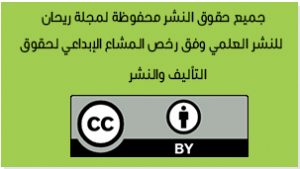Nowadays we witness significant shifts in translation pedagogy affecting teaching methodology as well as the function and role of instructor and learner. One of the recent shifts in translation didactics has resulted from the Covid-19 outbreak which has brought new challenges on translation teaching and learning modes. The present paper addresses translation teaching on a distance learning mode, by investigating some major issues related to e-learning as opposed to that of students’ physical presence. It starts by providing a brief description of specific approaches to translation teaching through the work of translation scholars that has highly influenced translation pedagogy in recent years. The paper then provides a brief historical background on the evolution of distance learning as well as the different forms of distance learning. After that, it focuses on a major issue related to distance learning curriculum development, namely the teaching material applicable in this specific type of learning. It then reaches its main topic of research, that is, advantages and disadvantages of teaching translation on a distance learning mode. The main conclusion is that distance learning methodology helps students become both responsible for their own learning process and autonomous as individuals, qualities that will definitely need as professionals in translation industry.
Keywords: Translation Teaching, Distance Learning, Autonomous Learning, Technological Competence, Heterogeneous Learning Environment.
Evanthia SARIDAKI, Researcher, University of Thessaly – GREECE
 مجلة ريحان للنشر العلمي مجلة علمية، محكمة، شهرية، مفتوحة الوصول
مجلة ريحان للنشر العلمي مجلة علمية، محكمة، شهرية، مفتوحة الوصول
